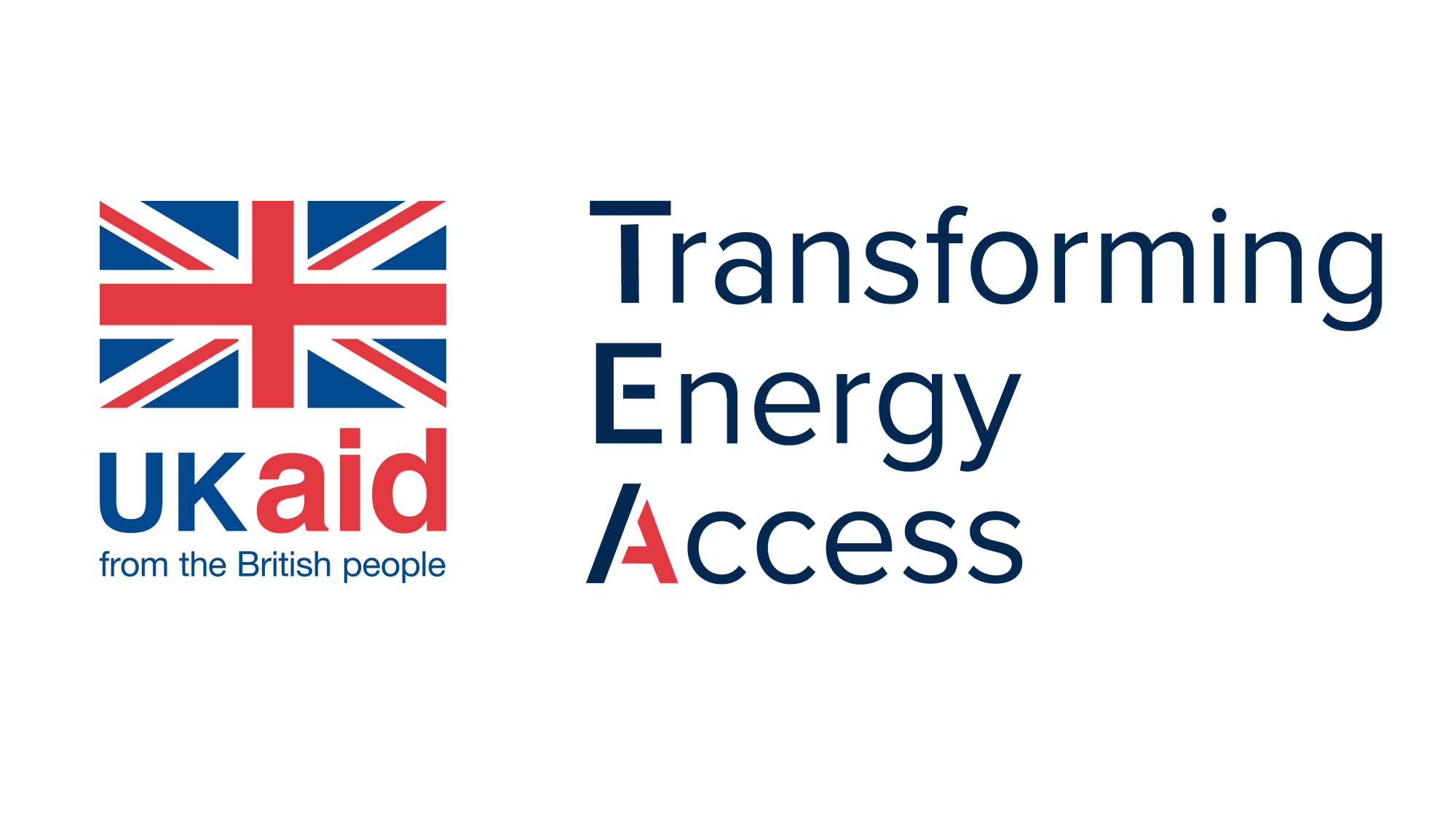In this section
In this sectionCOP 27 at Sharm El-Sheik in Egypt is a high-level conference on the UN framework convention on climate change aimed at mitigating and reducing the climate change impact on humans and Nature. It was an excellent opportunity for different energy practitioners to discuss ways to reduce gas emissions by expanding clean and renewable energy. On the 14th of November, The GPA, in partnership with GRN, Ashden and Chatham House, held an event on From humanitarian relief-to-climate resilience: realising a critical shift in humanitarian energy access.
The conversation among panellists Innocent Ntumaba Tshilombo, Founder & MD, Kakuma Ventures, Eman Al-Hamali, Head of Solar Microgrid Plant (affiliated with UNDP Yemen), Glada Lahn, Senior Research Fellow, Chatham House and Giles Bristow, Director of Programs from the Ashden marked some highlights on the need for a systemic approach to tackling access to sustainable energy in displacement settings, prioritising the involvement of communities affected by displacement. Additionally, the panellist emphasized the need to change the architecture of the humanitarian energy sector, specifically through high-level dialogue between experts and affected communities, the provision of flexible and inclusive investments, and knowledge and data sharing.
During the discussion, the following points were marked as areas that need intervention to address the energy challenges in displacement settings significantly:
- Policy: A significant need to revise both international and national policies to accommodate the actual situation of displaced people. The encampment policy was one example mentioned as a policy that hinders the refugee potential and holds them in humanitarian aid dependency and the poverty trap.
- Flexible funding: A need to accommodate refugee initiatives into available financial support mechanisms to carry out their intervention was highlighted as an area to revise as displaced people, regardless of their excellent program, find themselves out of the donor support sphere.
- Time of the response: Donor-driven model and short time intervention cause challenges in working on the sustainability of energy projects in displacement settings. Practitioners were encouraged to consider bringing projects that are market-oriented while taking into consideration the local context.
- Collaboration within actors in the sector: The importance and need for collaboration among actors within the sector were highlighted as one area to focus on to avoid duplication of programs and allow experience sharing to mitigate risks of project failure.
- Leverage clean energy awareness in displacement settings: due to various economic situations and regulations that bind displaced people and make them unable to access and afford clean energy, fossil fuels are the predominant energy source. Displaced people live in inadequate conditions, exposed to practices causing environmental degradation and further displacement. Easy clean energy penetration while educating displaced people on the importance of energy would significantly bring positive impacts in displacement settings.
Panellists closed the conversation by emphasizing the need for mind change in addressing the issues in displacement settings. Also, by encouraging more open policies and projects from the community in order to experience sustainability and long-term interventions in the displacement context.
The blog was written by Joelle Hangi, Inclusivity Specialist, GPA coordination unit, UNITAR.
- From humanitarian relief-to-climate resilience: realizing a critical shift in humanitarian energy access
- Achieving Carbon Neutrality: UN Actions on Decarbonization and Energy Efficiency
- Voices of Displaced youth: climate action through sustainable energy (Refugee led session)
- The role of innovation in ensuring no one is left behind no matter their current energy situation
The programme is funded with UK aid from the UK government via the Transforming Energy Access programme.

Last updated: 10/07/2023

